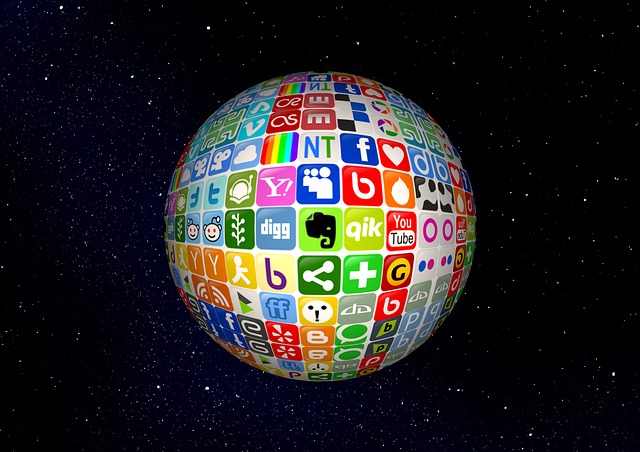Dualism
Dualism is a misunderstood concept. At least, I didn’t understand it too well. This post is a more refined view on it, which may not still be complete or accurate. Since everything in philosophy (and life) is interconnected, this short post brings together a lot of what I think of life, the universe and everything.






